Intro
Discover 7 common low testosterone symptoms, including fatigue, low libido, and erectile dysfunction, and learn how hormone imbalance affects mens health, causing mood changes, weight gain, and decreased muscle mass.
Low testosterone, also known as hypogonadism, is a condition where the testes do not produce enough testosterone, a hormone that plays a crucial role in male development and fertility. Testosterone is responsible for the development of male characteristics, such as facial hair, deep voice, and muscle mass. It also regulates sperm production, sex drive, and overall health. Low testosterone levels can affect men of all ages, but it is more common in older men. In this article, we will discuss the symptoms of low testosterone and how it can impact a man's quality of life.
The importance of recognizing low testosterone symptoms cannot be overstated. If left untreated, low testosterone can lead to a range of health problems, including osteoporosis, diabetes, and cardiovascular disease. Moreover, low testosterone can also affect a man's mental health, causing anxiety, depression, and low self-esteem. Therefore, it is essential to be aware of the symptoms of low testosterone and seek medical attention if you are experiencing any of them.
Low testosterone symptoms can vary from man to man, but there are some common signs that may indicate a problem. These symptoms can be physical, emotional, or sexual, and they can range from mild to severe. Some men may experience only a few symptoms, while others may experience multiple symptoms. In the following sections, we will discuss the common symptoms of low testosterone and how they can impact a man's daily life.
Physical Symptoms of Low Testosterone
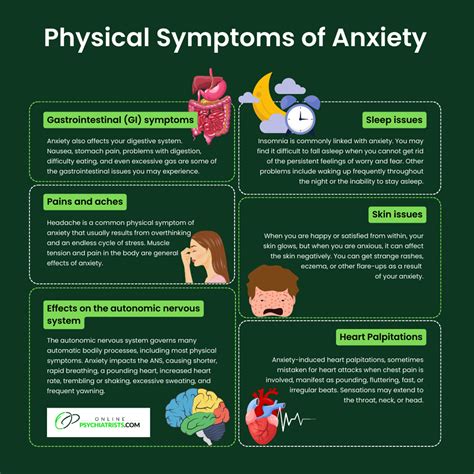
Some of the physical symptoms of low testosterone can be subtle, and they may develop gradually over time. For example, a man may notice that he is not as strong as he used to be or that he is getting tired more easily. He may also notice that he is gaining weight, particularly around the midsection, despite eating a healthy diet and exercising regularly. These physical symptoms can be frustrating and demoralizing, especially for men who are used to being physically active and healthy.
Common Physical Symptoms
Some of the common physical symptoms of low testosterone include: * Weight gain, particularly around the midsection * Decreased muscle mass and strength * Decreased bone density * Fatigue and decreased energy levels * Difficulty sleeping * Hair loss * Decreased facial hair * Decrease in overall physical performanceEmotional Symptoms of Low Testosterone
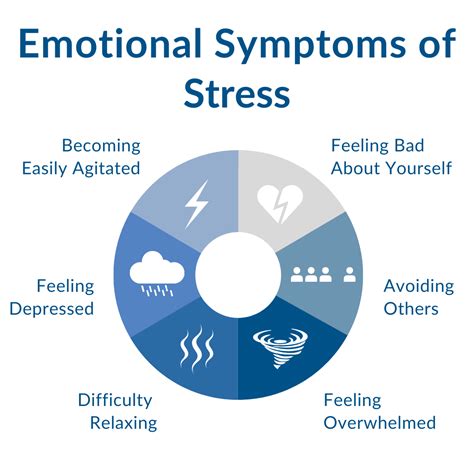
Emotional symptoms of low testosterone can be just as debilitating as physical symptoms. Men with low testosterone may feel like they are losing their sense of identity and purpose, and they may struggle to connect with their loved ones. They may also feel like they are losing control over their emotions, which can be frightening and overwhelming.
Common Emotional Symptoms
Some of the common emotional symptoms of low testosterone include: * Depression * Anxiety * Mood swings * Irritability * Decreased motivation * Lack of interest in activities * Memory problems * Difficulty concentrating * Decreased cognitive functionSexual Symptoms of Low Testosterone
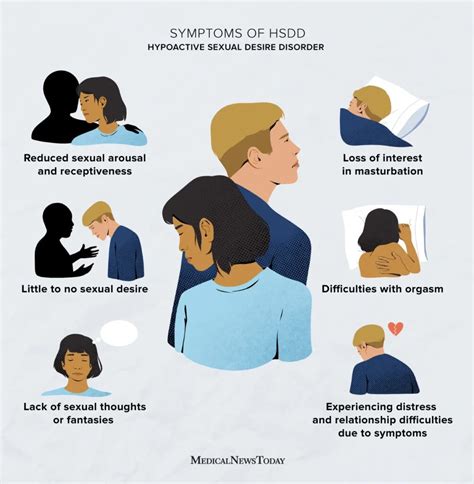
Sexual symptoms of low testosterone can be particularly distressing for men, as they can affect their relationships and overall sense of well-being. Men with low testosterone may feel like they are losing their masculinity and sense of identity, which can be devastating.
Common Sexual Symptoms
Some of the common sexual symptoms of low testosterone include: * Decreased libido * Erectile dysfunction * Decreased sperm count * Decreased orgasmic function * Decreased ejaculatory volume * Decreased overall sexual satisfactionCauses of Low Testosterone
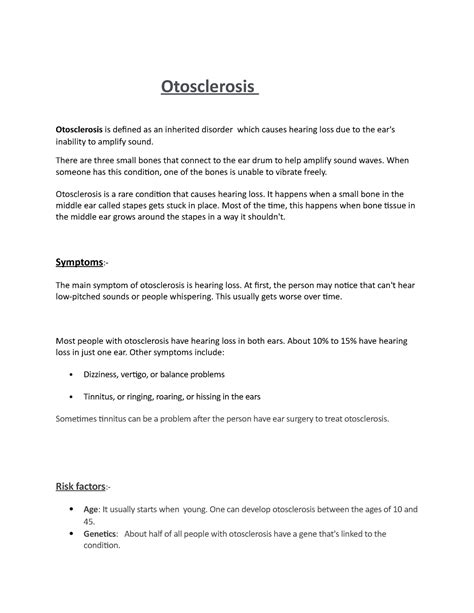
Other causes of low testosterone can include sleep apnea, pituitary gland problems, and testicular injury. Men who have experienced trauma to the testicles or have had surgery on the testicles may be at risk of developing low testosterone.
Common Causes
Some of the common causes of low testosterone include: * Aging * Obesity * Diabetes * Certain medications * Sleep apnea * Pituitary gland problems * Testicular injuryTreatment Options for Low Testosterone
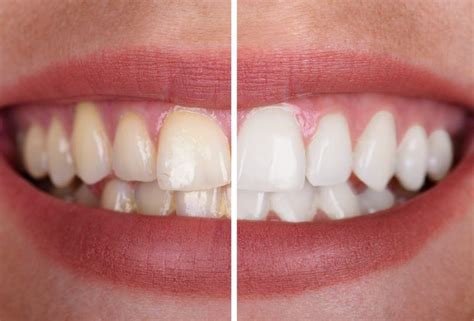
Lifestyle changes can also help to improve testosterone levels, including weight loss, exercise, and stress reduction. Men who are overweight or obese can benefit from losing weight, as excess fat can convert testosterone into estrogen. Exercise, particularly weightlifting and high-intensity interval training, can also help to boost testosterone levels.
Alternative therapies, such as acupuncture and herbal supplements, may also be beneficial in improving testosterone levels. However, it is essential to consult with a healthcare professional before starting any new therapies.
Common Treatment Options
Some of the common treatment options for low testosterone include: * Testosterone replacement therapy (TRT) * Lifestyle changes, such as weight loss and exercise * Alternative therapies, such as acupuncture and herbal supplementsConclusion and Next Steps
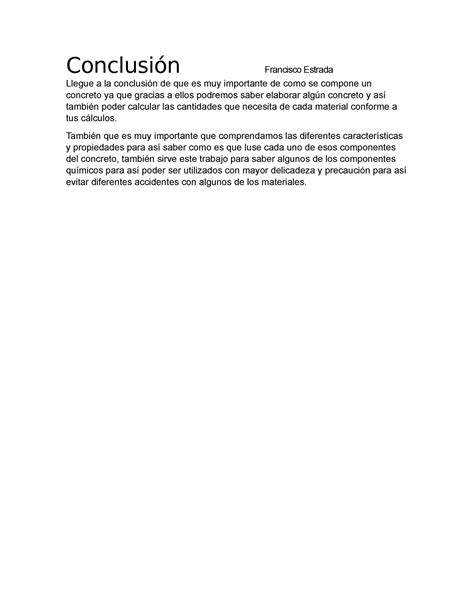
If you are experiencing any of the symptoms of low testosterone, it is essential to consult with a healthcare professional. They can help to diagnose the condition and develop a treatment plan that is tailored to your needs.
We encourage you to share this article with your friends and family, and to comment below with any questions or concerns. By working together, we can raise awareness about low testosterone and help men to take control of their health.
What are the common symptoms of low testosterone?
+Common symptoms of low testosterone include weight gain, decreased muscle mass and strength, decreased bone density, fatigue, and decreased libido.
What causes low testosterone?
+Low testosterone can be caused by a range of factors, including aging, obesity, diabetes, and certain medications.
How is low testosterone treated?
+Treatment options for low testosterone include testosterone replacement therapy (TRT), lifestyle changes, and alternative therapies.
